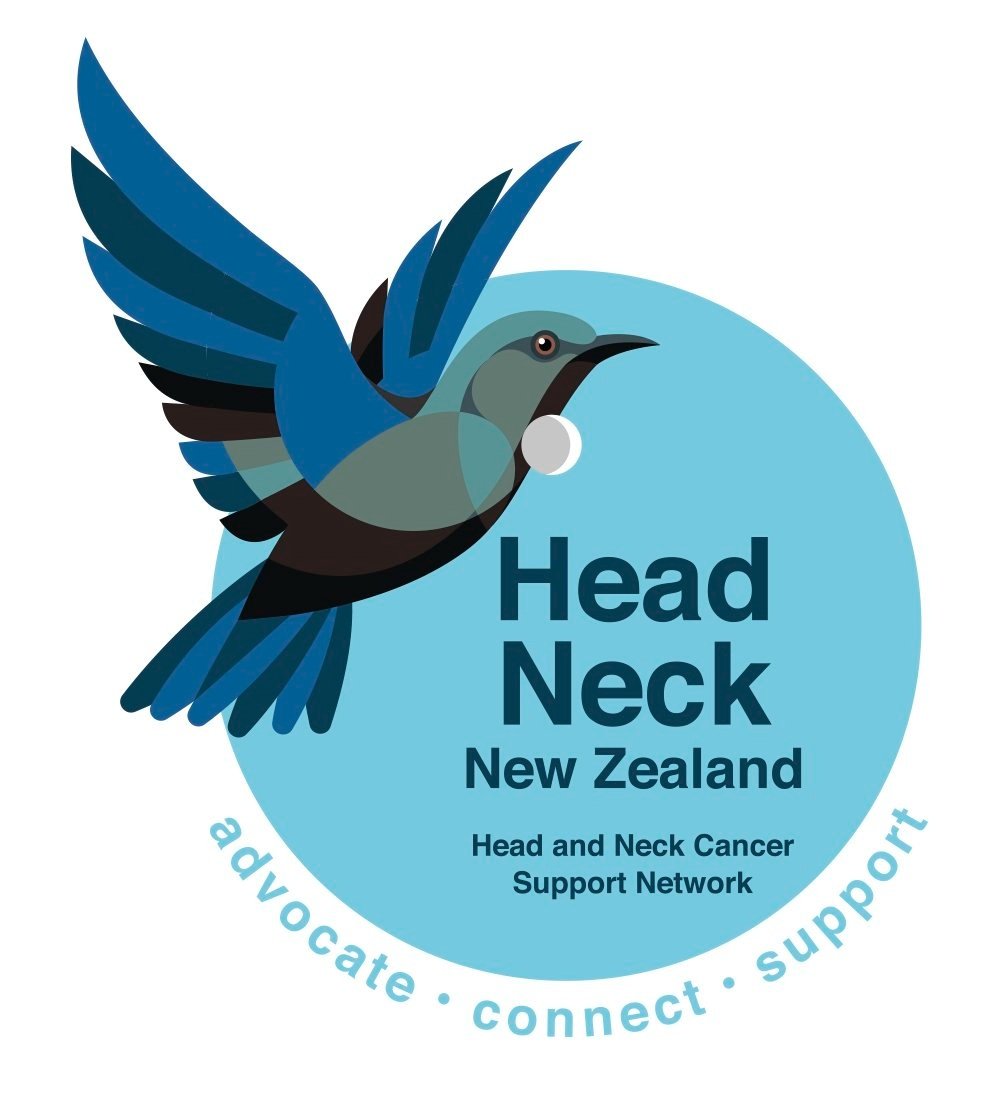Guiding Light: Help for Head and Neckers Navigating the Challenges of Rare Disorders in Aotearoa New Zealand
In the week ahead, including 29 February 2024, there will be a strong national focus on people living with Rare Disorders in New Zealand. It is a good time to reflect on what the government can do to support those affected. While health funding is under constant pressure, there are options for greater collaboration, management of knowledge, patient support, and patient workflow using technology. For ideas on healthcare innovation, refer to this link.
Let's explore key areas of patient need specific to head and neck cancer patients, and how government policy can assist:
Diagnosis and Awareness:
Need: Timely and accurate diagnosis of head and neck cancers is often challenging due to the complex nature of these disorders. Additionally, there may be a lack of awareness among healthcare professionals and the public about the symptoms and risk factors associated with head and neck cancers.
Government Policy: Implement policies that specifically focus on education and training for healthcare professionals regarding the early detection and diagnosis of head and neck cancers. Establish awareness campaigns targeting both healthcare professionals and the public to enhance understanding and reduce the stigma associated with these disorders.
Access to Specialised Care:
Need: Individuals with head and neck cancers often require specialised medical care, including surgical interventions, radiation therapy, and rehabilitation services. However, access to these specialised services may not be readily available in all regions.
Government Policy: Develop and support specialised centres for head and neck cancers. Allocate funding to ensure these centres are equipped to provide comprehensive care, including research, treatment, and support services. Ensure geographical accessibility to these centres for patients across the country.
Affordability of Treatment:
Need: Treatment for head and neck cancers can be expensive, involving surgery, chemotherapy, and other therapies. Additionally, costs may be incurred for supportive care and rehabilitation.
Government Policy: Implement policies to subsidise the cost of treatments and medications related to head and neck cancers. Establish support programs or grants to assist individuals and families with the financial burden associated with the comprehensive treatment of these disorders.
Patient Advocacy and Support:
Need: Individuals with head and neck cancers often face unique challenges, including psychological and social aspects. Patient advocacy and support services play a crucial role in addressing these challenges.
Government Policy: Support and fund patient advocacy organisations specifically focused on head and neck cancers. Develop policies that ensure the representation of head and neck cancer patients in decision-making processes related to healthcare policy, with a focus on addressing their unique needs.
Research and Development:
Need: Head and neck cancers may lack sufficient research, leading to limited understanding and treatment options.
Government Policy: Allocate funding for rare disease research. Provide incentives for pharmaceutical companies to invest in the development of orphan drugs for rare disorders. An orphan drug is a pharmaceutical agent developed to treat a rare medical condition, often referred to as a rare disease. Rare diseases, also known as orphan diseases, typically affect a small number of people in the population. In many cases, these conditions are not well-studied, and there may be a lack of available treatment options. The term "orphan" in orphan drugs refers to the fact that these drugs are intended to treat conditions that have been "abandoned" by the pharmaceutical industry due to the small market size and the perceived lack of financial incentive to develop treatments.
Genetic Counselling and Testing:
Need: Some head and neck cancers may have a genetic component, necessitating genetic counselling and testing.
Government Policy: Develop policies that facilitate affordable access to genetic counselling and testing services for individuals with head and neck cancers. Ensure robust regulations addressing the privacy and ethical considerations of genetic information.
Inclusive Policies:
Need: Ensure that policies are inclusive for Māori and Pasifika peoples and consider the diverse needs of individuals with head and neck cancers, including those related to education, employment, and social inclusion.
Government Policy: Develop and enforce policies that promote inclusivity and accommodate the unique needs of individuals with head and neck cancers in various aspects of life, taking into account cultural diversity and specific challenges faced by different communities.
It's crucial for the government to collaborate with healthcare professionals, patient advocacy groups, and affected individuals and their families to develop and implement effective policies that address the unique challenges associated with head and neck cancers in Aotearoa New Zealand.

